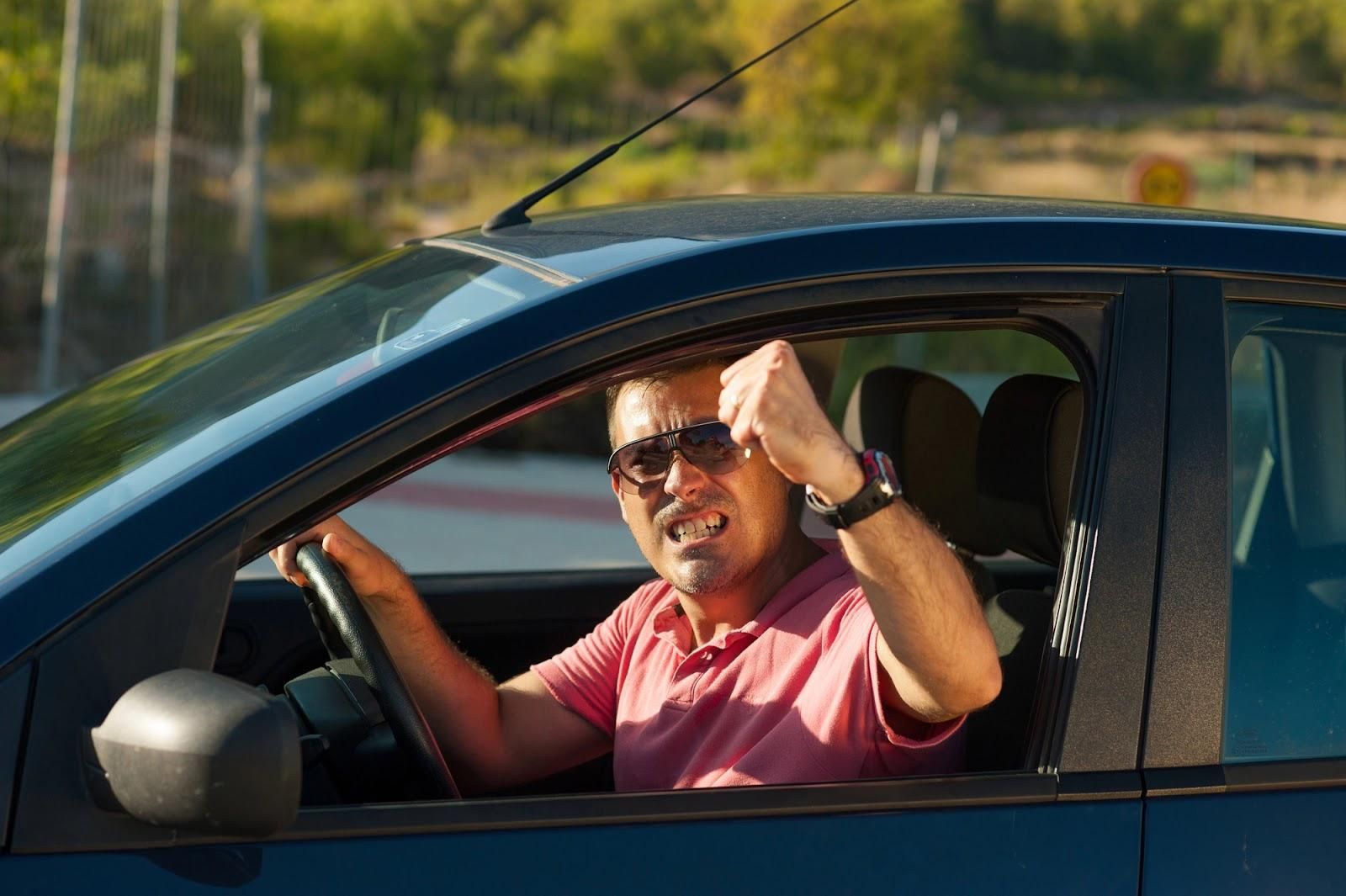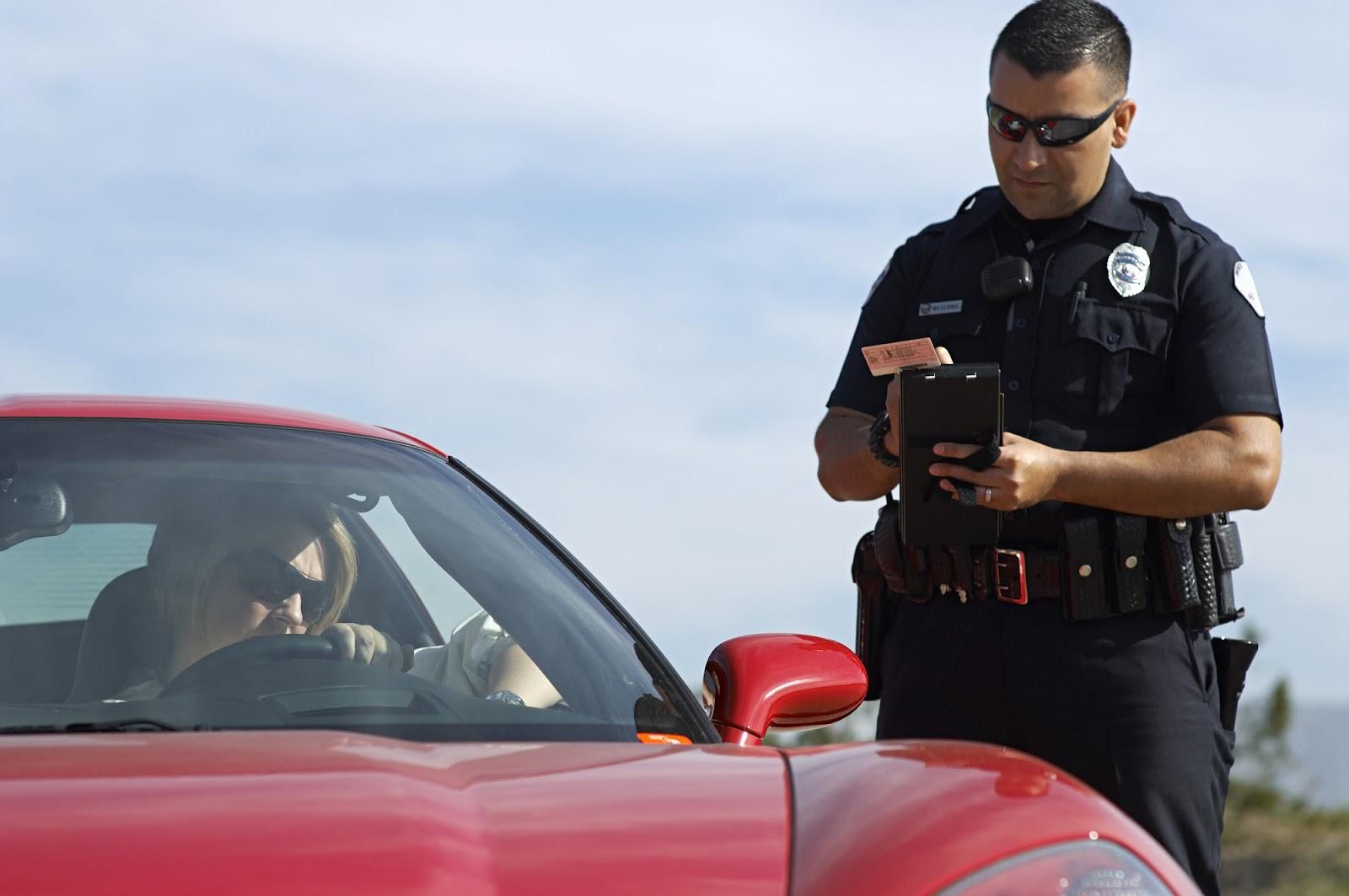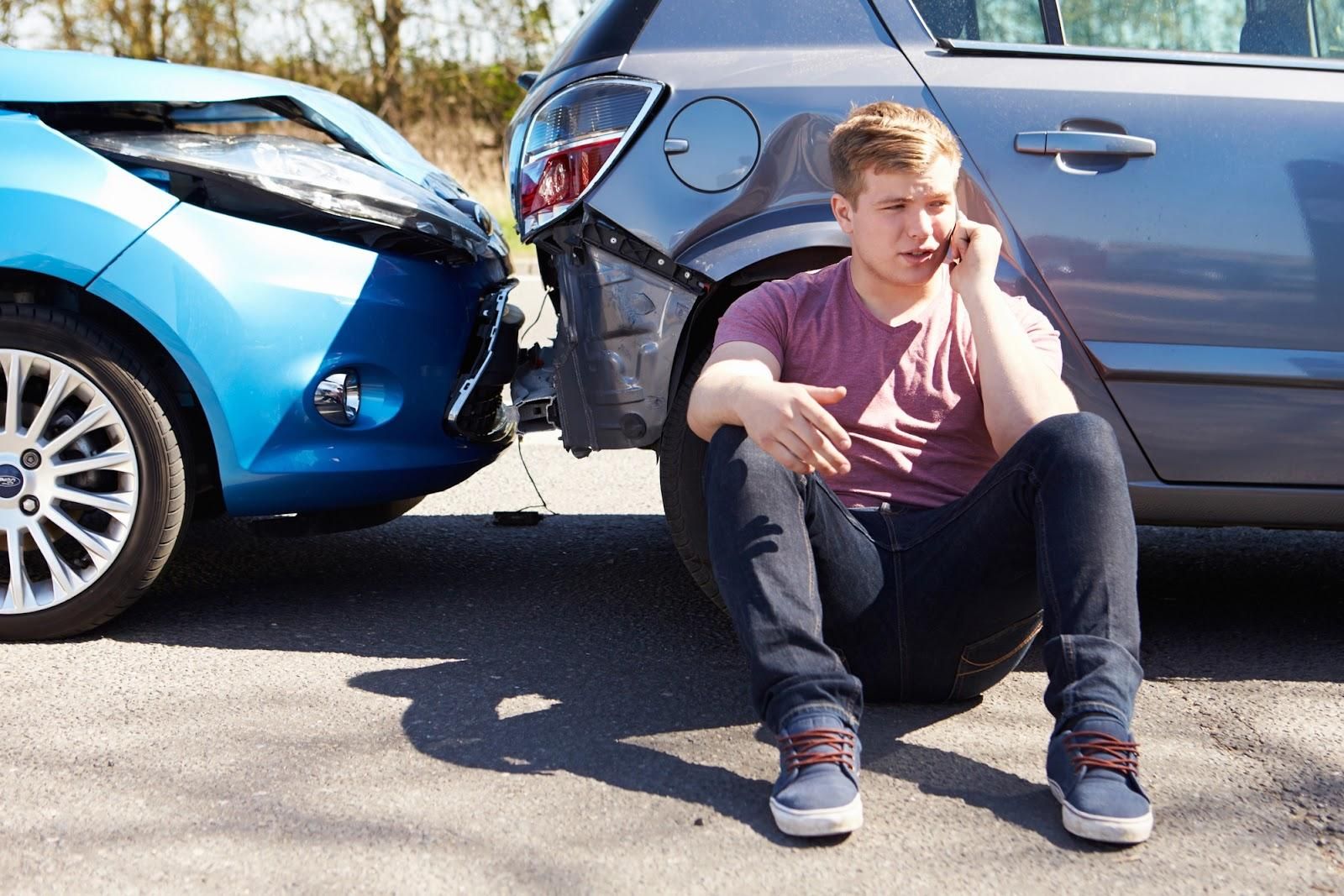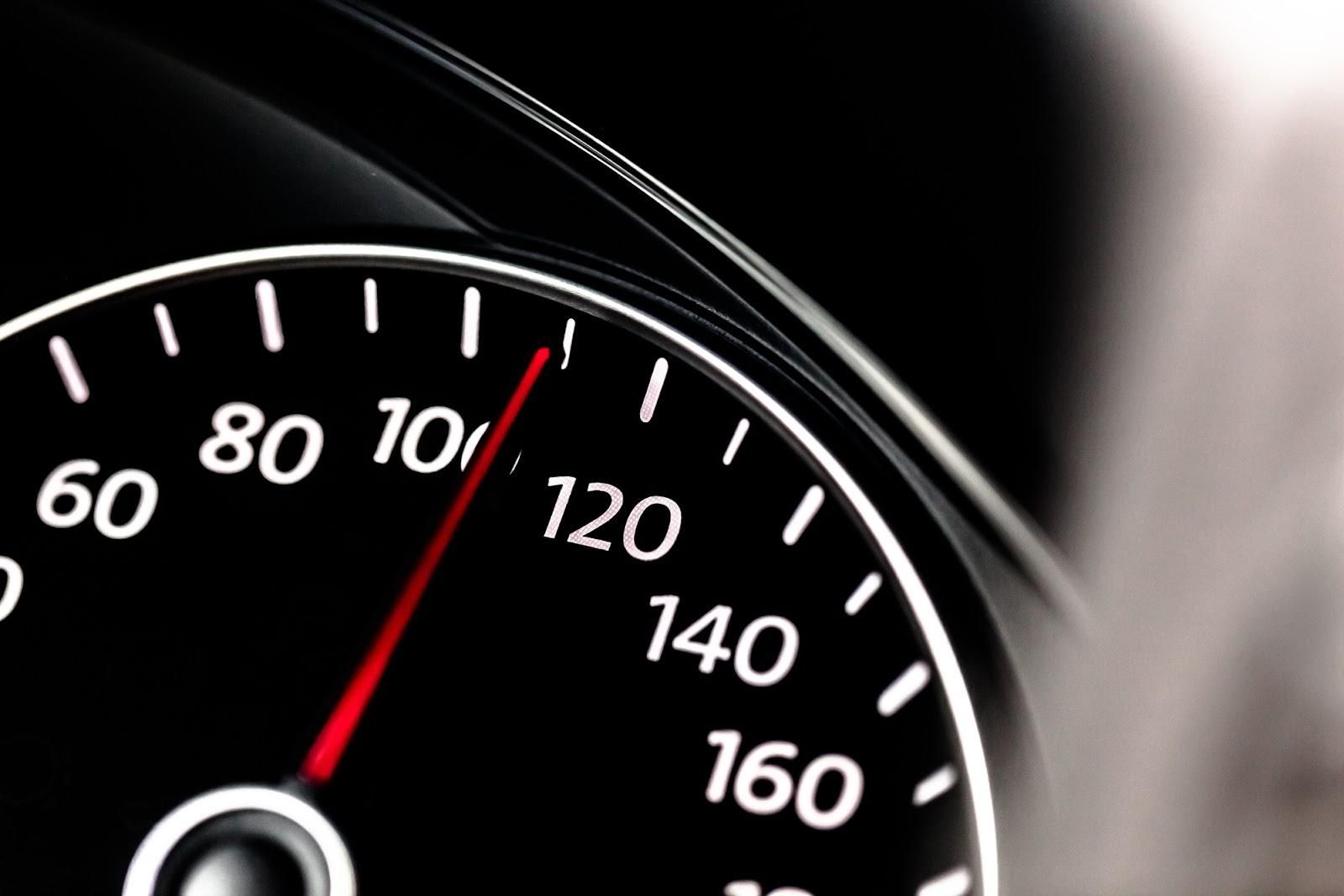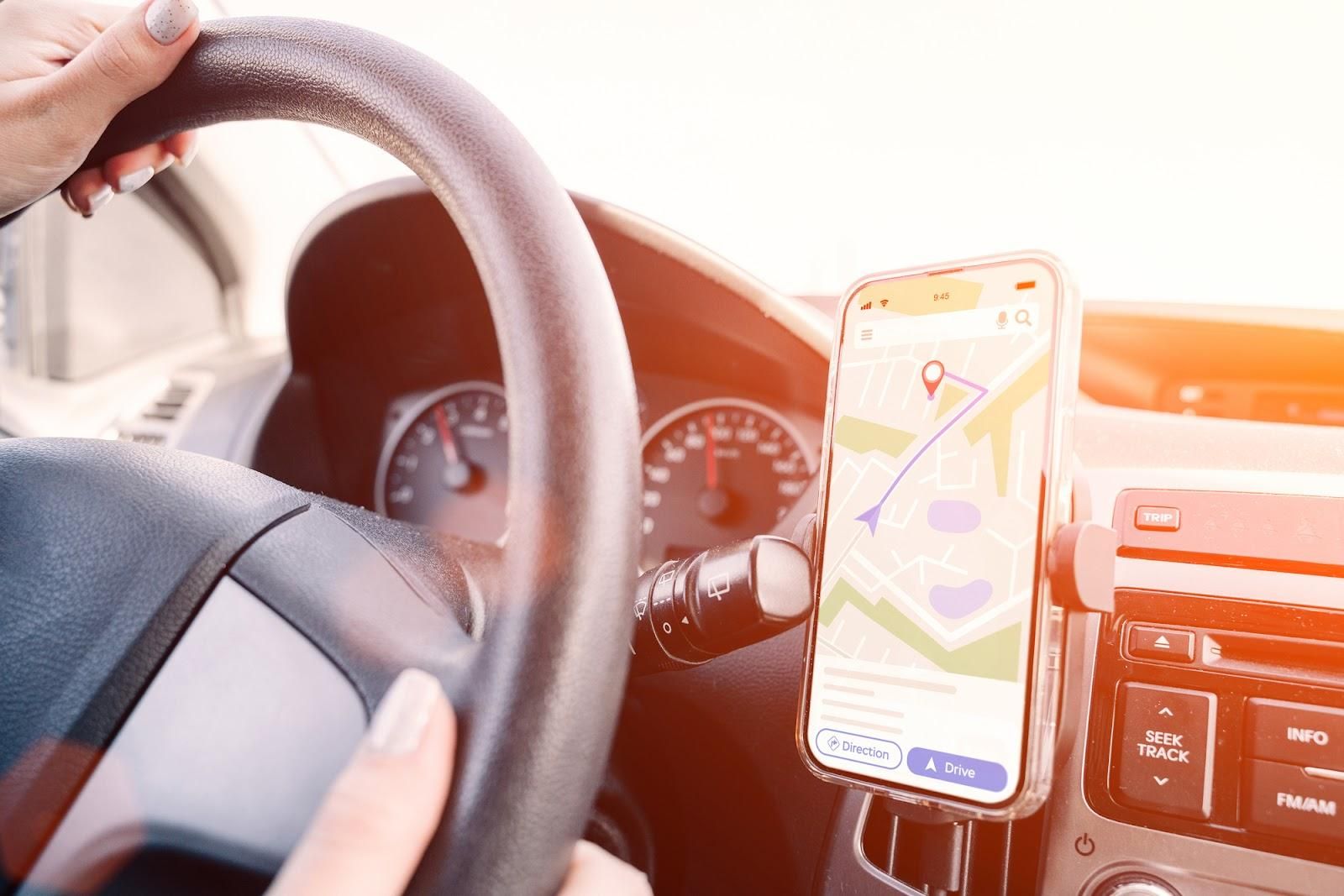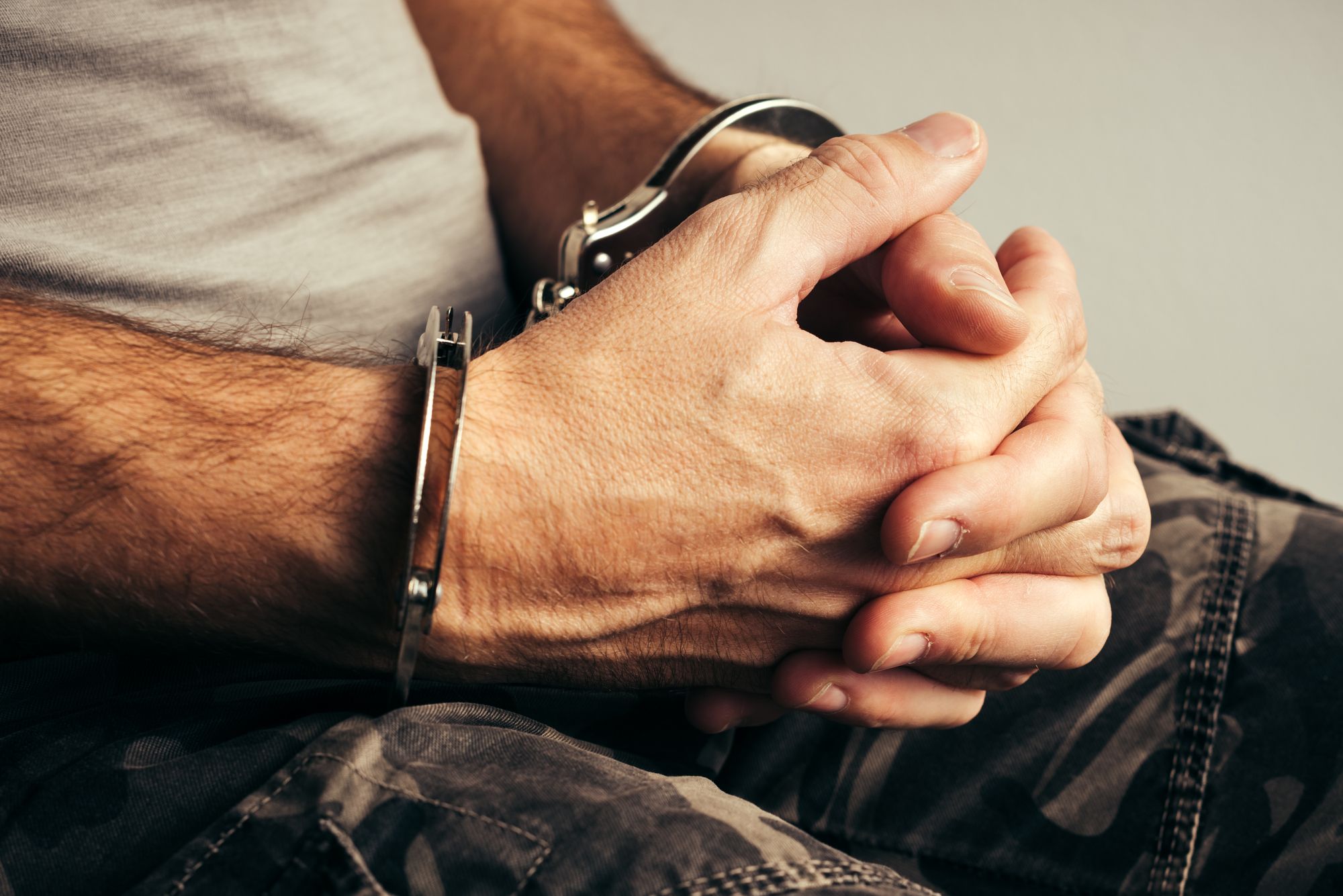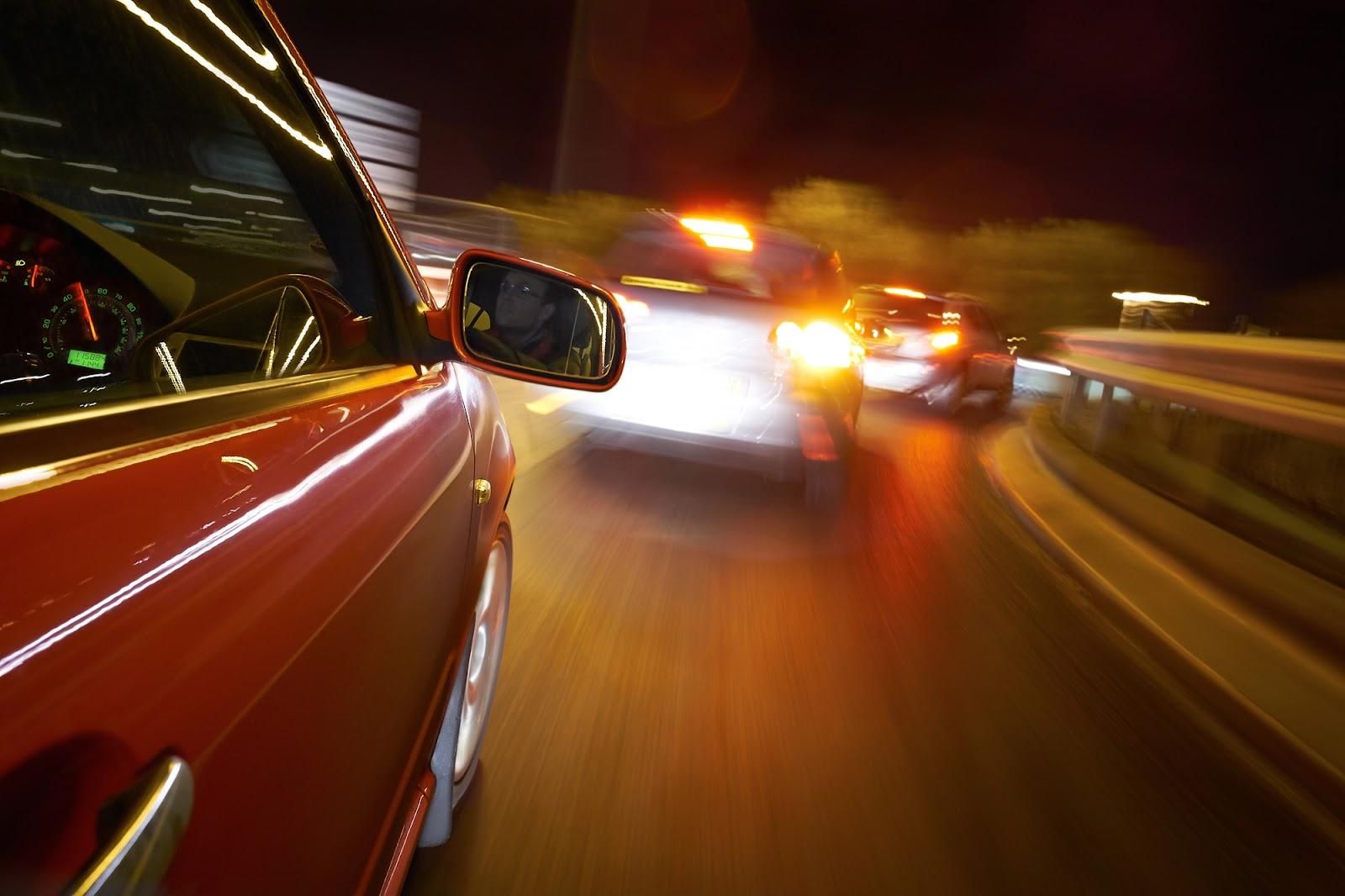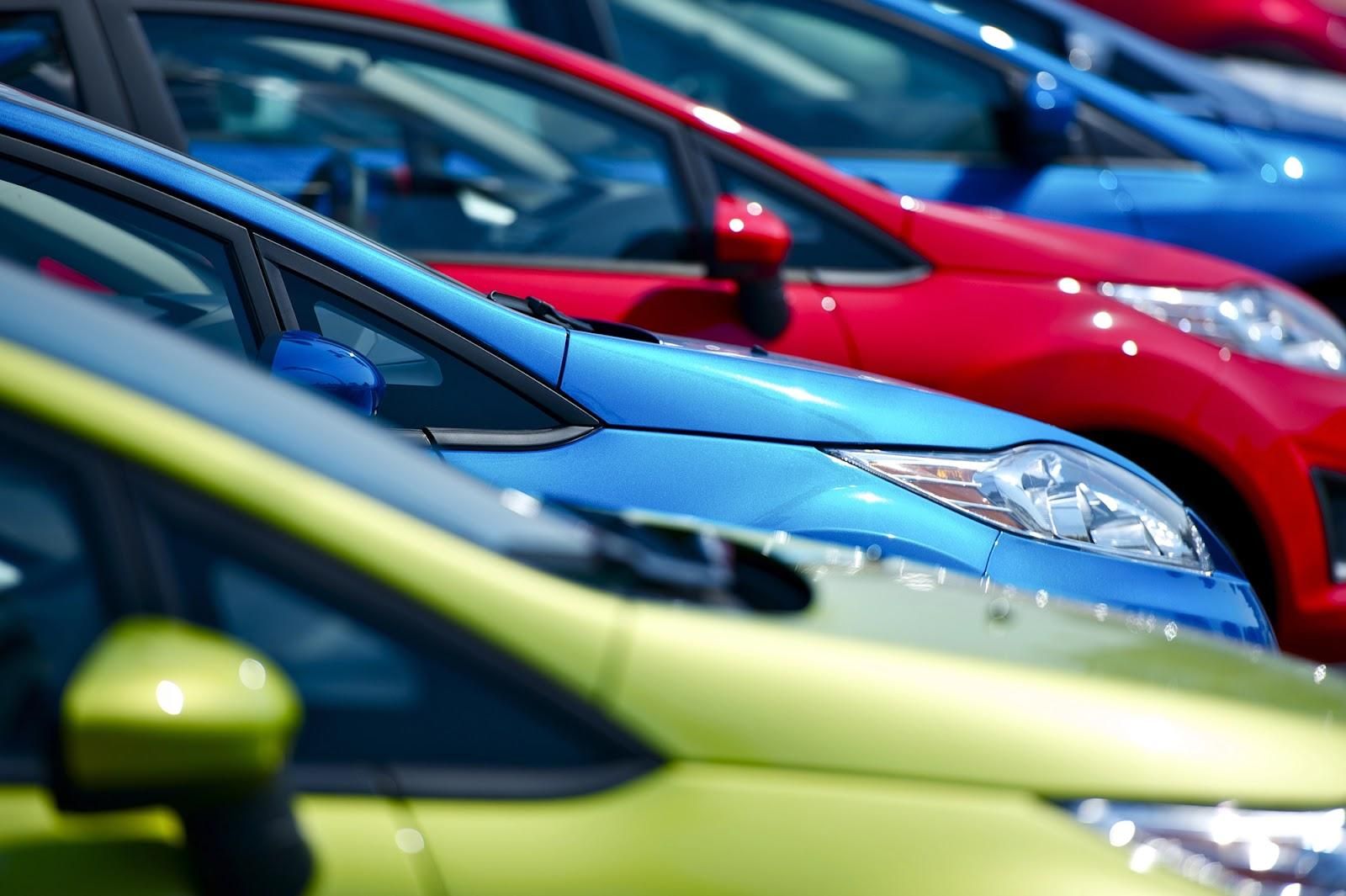According to the Centers for Disease Control and Prevention (CDC), eight teenagers lose their lives daily in the United States as a result of motor vehicle-related injuries, which is significantly higher than non-teen motorists. For teenage drivers, the issue of parental liability is an important one, particularly concerning accidents. Read about parents’ vicarious liability for teenage drivers, and find out how a seasoned Virginia traffic law attorney from Driving Defense Law can help motorists fight for their legal rights; call our legal team today at (757) 929-0335.
Common Causes of Teen Driving Accidents
Teen driving accidents can occur due to various factors that contribute to the heightened risk faced by young drivers. Understanding these common causes could help promote safer driving practices among teenagers. Here are some key reasons behind teen driving accidents:
- Inexperience and risk-taking behaviors: Teenage drivers, due to their limited driving experience, may exhibit risk-taking behaviors such as speeding, reckless driving, and distractions. These behaviors can increase the likelihood of accidents as teens have less practice in handling dangerous situations compared to adult drivers.
- Distracted driving: One of the major issues affecting teen drivers includes distracted driving. Distractions such as cell phones, passengers, and other factors in the vehicle can divert their attention from the road, leading to a higher risk of crashes; according to the National Highway Traffic Safety Administration (NHTSA), in 2022, over 3,000 individuals died due to distracted driving.
- Driving at night: Night driving poses challenges in terms of reduced visibility, which teenage drivers may not have fully developed skills to manage safely. The lack of experience and reduced visibility at night can increase the risk of accidents for teen drivers.
- Driving with passengers: Having friends in the car, particularly in high-emotion situations, can significantly increase the likelihood of crashes for teenage drivers. The presence of passengers can be a distraction and may lead to impaired decision-making.
- Drowsy driving: Teens require sufficient rest, and late bedtimes or extracurricular activities can compromise their alertness while driving. Drowsy driving significantly impairs a teen driver’s ability to focus, react quickly, and make sound judgments while operating a vehicle.
- Seatbelt non-compliance: Teenagers often have lower seat belt usage rates compared to adults. Failing to wear seat belts increases the risk of injuries in the event of a crash, as seat belts help prevent severe injuries and fatalities.
Parental Liability for Teenage Drivers’ Accidents
Several legal principles concern parental liability for teenage drivers in the event of motor vehicle accidents, and understanding these can help parents and guardians understand the potential legal consequences for them if their teenage children contribute to these incidents. Below is an explanation of the main legal theories in this area.
Negligent Entrustment
Negligent entrustment pertains to the concept of holding a parent or guardian liable for entrusting their vehicle to a teenager whom they knew or reasonably ought to have known posed a risk to other motorists. For instance, if a parent continues to allow their teenager to drive despite knowing about the teen’s reckless behavior behind the wheel or the previous accidents they caused, the parent could be legally responsible under the negligent entrustment principle.
Vicariously Liable for a Teenager’s Actions
Vicarious liability is another crucial legal principle that can render parents accountable for their child’s actions, especially when the child is a minor. This doctrine attributes liability to parents based on the parent-child relationship and the ownership of the motor vehicle involved in the accident. If a minor causes a motor vehicle accident, the parents might be liable for the damages resulting from the incident under this legal theory.
Driving Privilege Application Liability
Driving privilege application liability is another key legal principle in this area. Parents who sign off on their teenager’s driving permit or license application may inadvertently assume a level of responsibility for any subsequent driving mishaps. By endorsing their teenager’s driving privileges, parents could be indirectly agreeing to bear some liability for their child’s involvement in an accident.
Does a Parent or Guardian’s Insurance Cover a Teenage Driver?
Whether a parent or guardian’s car insurance covers a teen driver largely depends on the specifics of the insurance policy. Here are some scenarios where a parent or guardian’s car insurance may or may not provide coverage for a teenage driver:
- Listed as a covered driver: If the teenage driver is explicitly listed on the parent or guardian’s insurance policy, they are typically covered when driving the insured vehicle. However, this may result in higher premiums due to the increased risk associated with inexperienced drivers.
- Permissive use: Many insurance policies extend coverage to occasional drivers who have permission to use the insured vehicle. In this case, if the teen has permission to drive the car, they are likely covered under the parent or guardian’s policy. However, the coverage may not be as extensive as for listed drivers, and there could be specific age or licensing requirements.
- Excluded driver: In some cases, parents or guardians may choose to exclude certain drivers from their policy, often to reduce premiums. If the teenage driver is explicitly excluded, the insurance policy may not cover the child when driving the insured vehicle.
- Non-owned auto coverage: Some insurance policies include coverage for drivers who occasionally use vehicles they do not own. This coverage may extend to the teen driver if they are driving a car that belongs to someone else, such as a friend or relative, but with varied coverage limits and conditions.
- Uninsured/underinsured motorist coverage: This coverage protects against damages caused by uninsured or underinsured drivers. Additionally, it may cover the insured and their household members if they sustain injuries from an uninsured or underinsured driver while walking or cycling. This coverage may also apply to teen drivers in certain situations.
Find out more about parents’ vicarious liability for teenage drivers, and discover how Driving Defense Law can assist individuals facing traffic charges. Organize a consultation with an experienced Virginia traffic law attorney by filling in a contact form on our website; more information about the different traffic offenses we can help with is also available here.
Can Parents Face a Personal Injury Lawsuit for Their Teenager’s Accident?
In cases where a teenager causes a motor vehicle accident, it can be helpful for parents to understand whether they could face a possible personal injury legal claim. Here is an explanation concerning the specifics of parental liability in personal injury lawsuits resulting from their teen’s involvement in an accident.
What Does the Other Motorist Have To Prove?
To establish parental liability in a personal injury lawsuit for a teenager’s car accident, the other driver typically needs to demonstrate that the teenage driver caused the accident. Additionally, they must prove the parent should have taken preventive measures or provided more effective guidance to the teen to avoid the incident. This could involve showing the parent allowed the teenager to drive without adequate training or supervision, or while knowing the teen was unfit to drive.
What Damages Could Parents Potentially Have To Pay if Their Child Causes a Car Accident?
If a teenager is responsible for the damages caused in a motor vehicle accident, the parents can be liable under the principle of vicarious (or imputed) liability. These parents may have to pay a range of damages resulting from the accident caused by their teenage child, such as property damage, medical expenses, pain and suffering, and lost income.
What Are the Possible Defenses to Parental Liability for their Child’s Car Accident?
Parents facing possible liability for their teen’s car accident can explore potential defenses to protect themselves. Some defenses may include demonstrating that the parent provided adequate training and supervision, lacked knowledge of the teen’s driving history or behavior, or that the accident took place due to unforeseeable circumstances beyond the parent’s control.
Tips for Parents of Teenage Drivers
Parents can adopt several practices to help their children stay safe while operating a motor vehicle. Here are several tips for helping prevent teenage driver accidents.
Establishing a Driving Agreement
Parents can set clear guidelines and rules for teenage drivers by creating a driving agreement. This agreement outlines expectations, prohibitions, and consequences regarding their behavior behind the wheel; they can include clauses such as no texting while driving, avoiding alcohol consumption before driving, and following speed limits. By establishing a driving agreement, parents can reinforce safe driving practices and encourage responsible behavior.
Encouraging Defensive Driving
Encouraging teenagers to practice defensive driving techniques can help prevent accidents. Parents may educate their teenage drivers on defensive driving principles, such as maintaining a safe distance from other vehicles, staying alert, and anticipating potential hazards. Defensive driving courses can further enhance their driving skills and road awareness, reducing the risk of accidents and promoting safer driving habits.
Regularly Reviewing Driving Progress
Parents who regularly monitor and review their teenage driver’s progress can help prevent their children’s involvement in motor vehicle accidents. By staying involved in a child’s driving practices, parents can provide constructive feedback, address any concerns or issues, and track their overall development as a driver.
Frequently Asked Questions About Parents’ Vicarious Liability for Teenage Drivers
Parents and guardians may have several questions concerning whether they could be liable due to their child’s involvement in a car accident. Here are some commonly asked queries regarding this topic.
What Happens if My Teen Was Driving Without a License?
If a parent’s teenage child was driving without a license and caused an accident, they could be liable for any damages resulting from the incident. In some states, parents can be jointly and severally liable for their children’s actions, even if the minor caused the accident without parental involvement. This means that as a parent, they could bear financial responsibility for the consequences of the accident, regardless of the child’s driving status.
What if My Teenage Child Drove My Car Without My Permission?
If a teenager drives a car without the parent’s permission and is part of an accident, the parent could still be accountable for any damages caused by the incident. As a parent, it is advisable to take necessary steps to prevent unauthorized access to the vehicle by the teenager to mitigate the risks of incurring these damages.
Will My Insurance Premium Go Up if My Teen Driver Causes a Car Accident?
In the event of a car accident involving a teen driver, if the teen caused the incident and the insurer pays for the damages under the liability coverage, the premium is likely to increase significantly. In some cases, insurers may even opt not to renew the policy if the teen driver has multiple at-fault car accidents or traffic violations within a specific period.
Can Teens Get Their Own Car Insurance?
Teens between 18 and 19 years old can typically sign a contract and purchase insurance in the majority of states. However, minor teens often require a guardian or parent to co-sign the insurance policy, making parents still responsible for any incidents involving the teen driver.
Contact a Virginia Traffic Law Attorney Today
In some scenarios, parents could find themselves legally responsible for damages caused by their teenage children behind the wheel. For instance, in cases where parents knowingly allow their teenage drivers to operate a vehicle, even with a history of accidents or risky behavior, they can be liable. Gain a more detailed understanding of parents’ vicarious liability for teenage drivers, and explore the legal options available to people facing traffic violations by reaching out to a Virginia traffic law attorney; call Driving Defense Law at (757) 929-0335.
